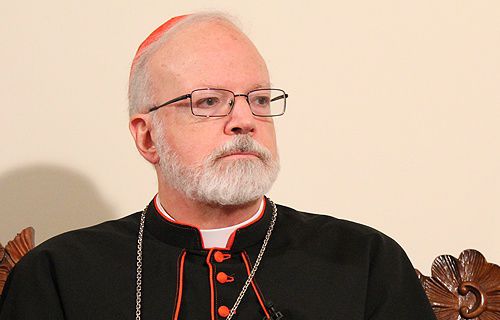Cardinal Sean O'Malley of Boston has criticized a new Massachusetts law re-establishing buffer zones around abortion clinics after the old law was recently struck down by the U.S. Supreme Court. In an Aug. 1 statement, the cardinal lamented that “the effect again is to make it very difficult for citizens seeking to offer alternatives to women contemplating an abortion.” The law would forbid anyone from “substantially impeding” access to an abortion clinic. If this occurred, police could issue a dispersal order and place the protesters 25 feet away from the entrance or driveway at the building. After the old “buffer zone” law forbade sidewalk counseling within 35 feet of an abortion clinic, the Supreme Court on June 26 ruled it a violation of the First Amendment. The law imposed “serious burdens” on the counselors, the court wrote, adding that sidewalks have traditionally been a forum for “the exchange of ideas.” However, the new law establishes yet another buffer zone after the court unanimously struck down the old one, Cardinal O'Malley said. “The Massachusetts legislature acted with unseemly haste to establish what amounts to a new buffer zone of 25 feet,” he stated. The new law has “potential” to be worse than the old one because it leaves room for broad interpretation of “vague” language, said the pro-life group Massachusetts Citizens for Life. “There's a serious problem with it because we don't know how the police will enforce it,” the group's president Anne Fox told CNA. “The way it's written, if they (the clinic) opened at 8 every morning, they could call the police at five past eight every morning and say there’s somebody here detaining people. And the police would come and put everybody outside for the rest of the day.” A sidewalk counselor distributing pro-life literature to a clinic-goer, for instance, could be interpreted by police as “detaining” that person, and the two of them together on the sidewalk could be termed a “gathering,” both being illegal acts under the new law. The result could be a dispersal order and a fine of up to $1,000 or up to six months in jail. “And the penalties are incredible,” Fox said. “These are so disproportionate.” “The whole thing just reeks of just out to get the pro-lifers,” she added.

